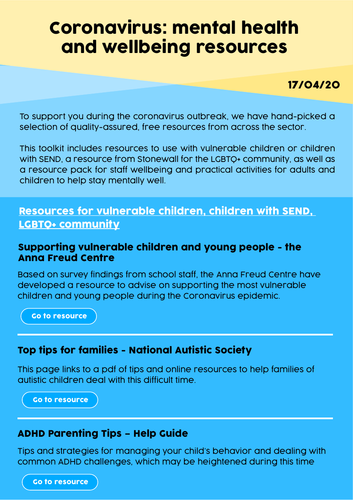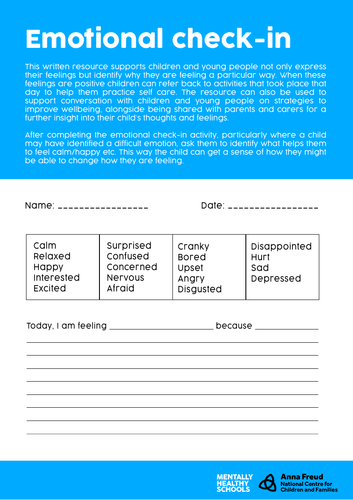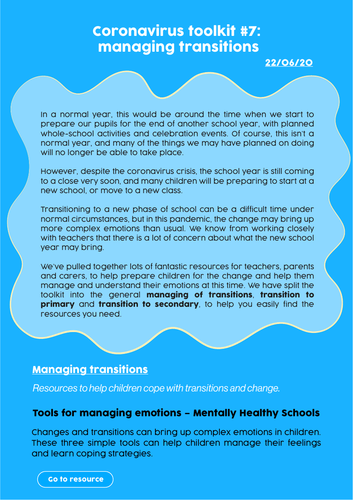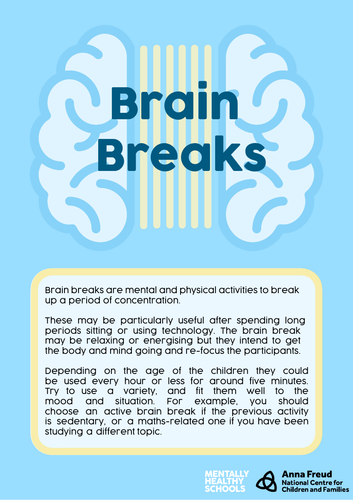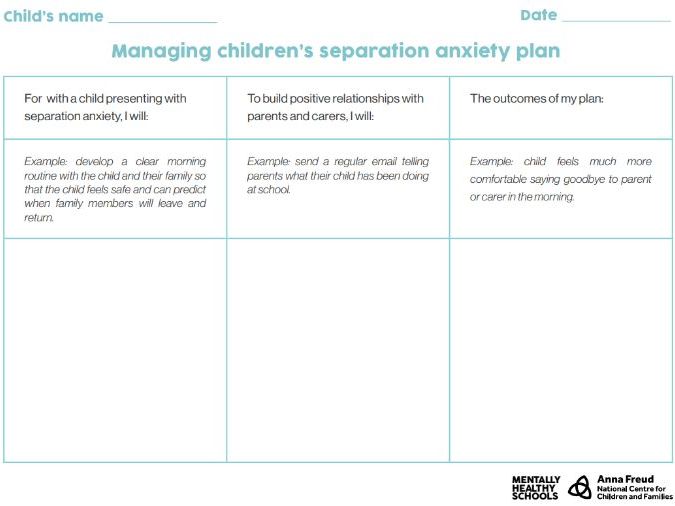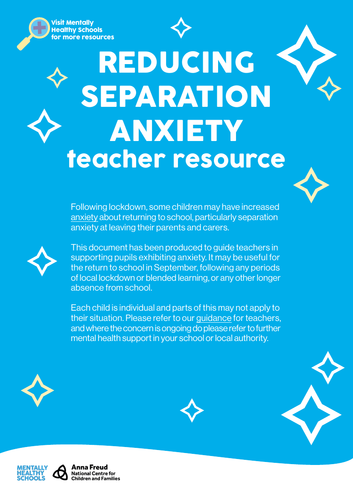MentallyHealthySchools's Shop
Mentally Healthy Schools brings together quality-assured information, advice and resources to help primary schools understand and promote children’s mental health and wellbeing. Our aim is to increase staff awareness, knowledge and confidence to help you support your pupils and colleagues.

